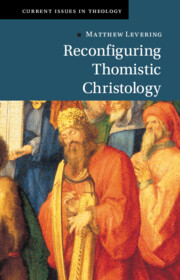Religion law – the law of the state on religion – has been taught for generations in the law schools of continental Europe, though its introduction in those of the United Kingdom is relatively recent. By way of contrast, within the Anglican Communion there is very little teaching about Anglican canon law. The Church of England does not itself formally train clergy or legal officers in the canon and ecclesiastical laws that they administer. There is no requirement that these be studied for clerical formation in theological colleges or in continuing ministerial education. The same applies to Anglicanism globally – though there are some notable exceptions in a small number of provinces. This is in stark contrast to other ecclesiastical traditions: the Catholic, Orthodox, Lutheran, Methodist, Reformed, Presbyterian, Baptist and United churches all provide training for ministry candidates in their own systems of church law, polity or order. However, no study to date has compared the approaches of these traditions to the teaching of church law today. This article seeks to stimulate an ecumenical debate as to the provision, purposes, practices and principles of the teaching of church law across the ecclesiastical traditions of global Christianity. It does so by presenting examples of courses offered (institutions, purposes, subjects, methods and levels), the educative role of church law itself, requirements under church law for church officers to study the subject, and parallels from the secular world in terms of debate in the academy and practice on the nature of legal education, particularly the role played in it by the Critical Legal Studies movement.1


